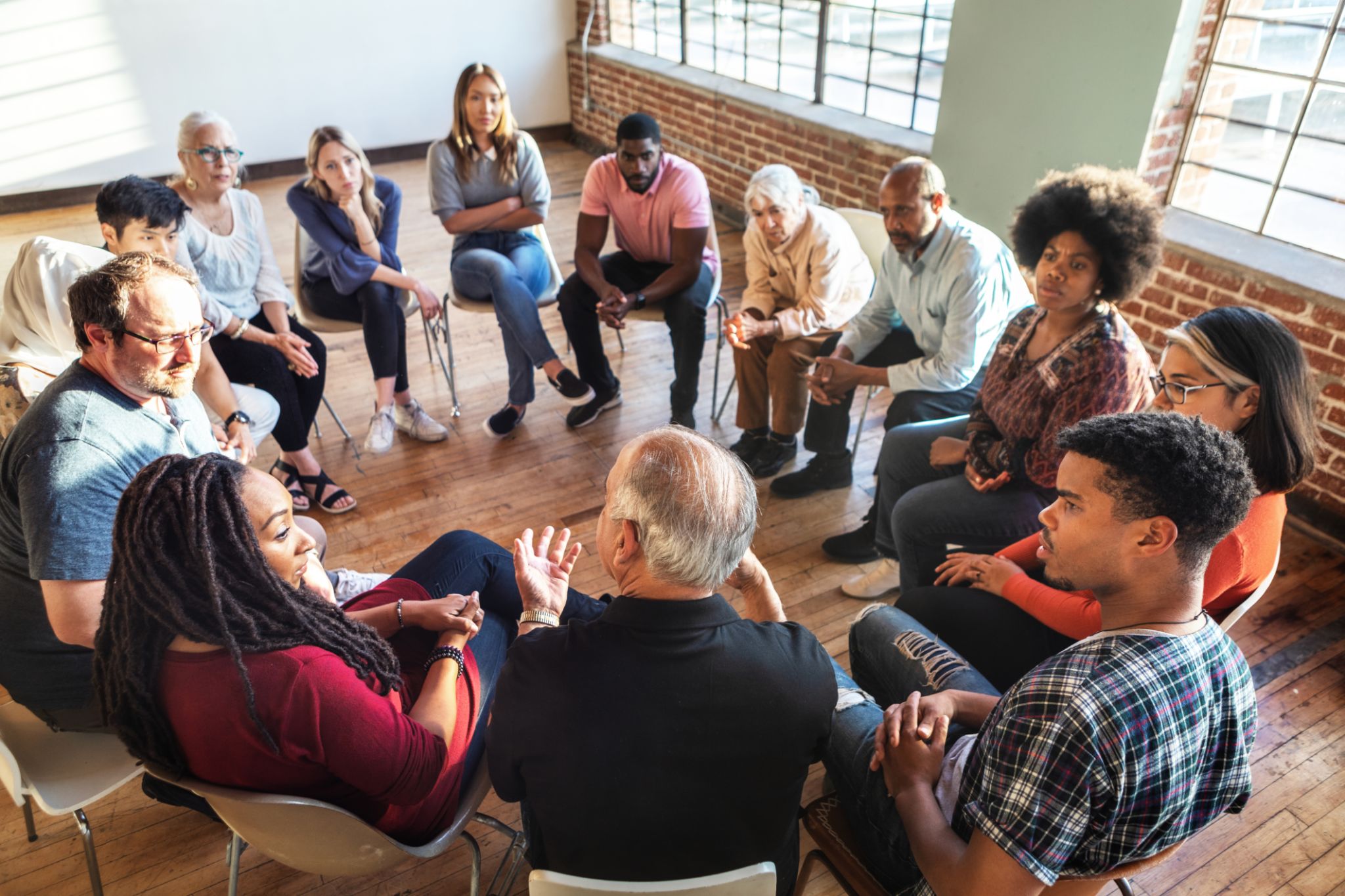Breaking the Stigma: Mental Health Conversations in Black Communities
Understanding the Stigma
In many Black communities, conversations around mental health remain taboo. Despite growing awareness, there is often a lingering stigma that prevents open dialogue. This stigma can stem from historical, cultural, and social factors that have long influenced perceptions of mental health.
Traditionally, seeking help for mental health issues has been associated with weakness or personal failure. This perception is slowly changing, but the journey towards open conversations is ongoing and requires a collective effort from both individuals and communities.

The Role of Cultural Factors
Cultural values play a significant role in shaping attitudes toward mental health. In many Black communities, there is a strong emphasis on resilience and self-reliance, which can sometimes discourage individuals from seeking external support. Understanding these cultural nuances is essential in breaking down barriers to effective mental health discussions.
Moreover, historical mistrust of healthcare systems due to past injustices also contributes to the reluctance to seek mental health services. It is crucial to acknowledge these historical experiences and work towards building trust and creating culturally competent mental health care services.
Promoting Open Conversations
To foster open conversations about mental health, it's important to create safe spaces where individuals feel comfortable sharing their experiences without fear of judgment. Encouraging community dialogues and workshops can help normalize these discussions and provide support to those in need.

Education is another powerful tool in combating stigma. By increasing awareness about mental health issues and providing accurate information, communities can dismantle myths and misconceptions that surround mental health conditions.
The Impact of Influencers and Leaders
Community leaders and influencers play a pivotal role in shaping public opinion. When respected figures openly discuss their own mental health journeys or advocate for mental wellness, it sends a powerful message that it's okay to seek help. Their influence can be instrumental in reshaping attitudes and encouraging others to prioritize their mental well-being.

Practical Steps Towards Change
Breaking the stigma around mental health requires actionable steps. Here are some ways to encourage more open conversations:
- Normalize Mental Health Talks: Integrate mental health discussions into everyday conversation topics within families and social groups.
- Provide Resources: Share information on available mental health services and how to access them.
- Support Mentorship Programs: Connect individuals with mentors who can guide them through their mental health journey.
The Future of Mental Health in Black Communities
As the conversation around mental health continues to evolve, there is hope for a future where stigma no longer exists, and everyone feels empowered to seek help when needed. By working collectively, we can build a supportive environment that prioritizes mental wellness for all members of the community.
Breaking the stigma is not an overnight process, but with continued effort and dedication, we can create lasting change that benefits future generations.
